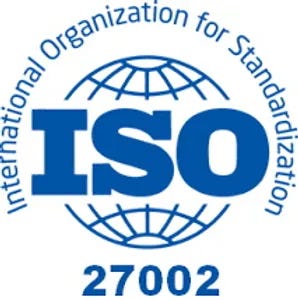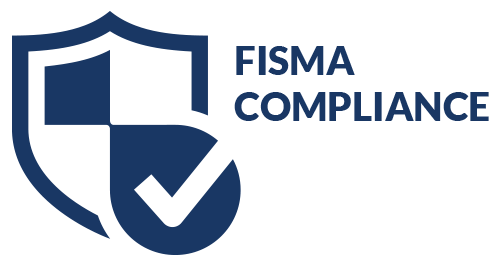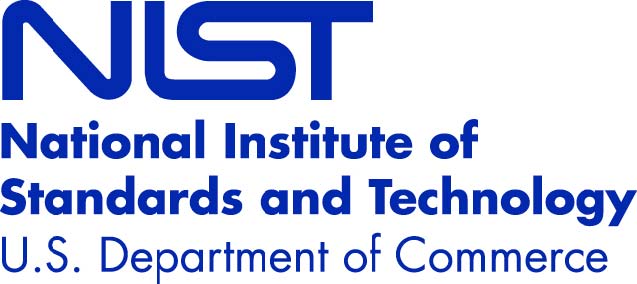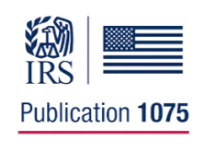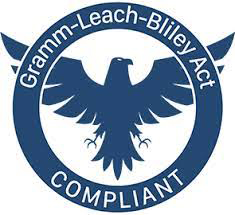Dictionary.com defines credit as “confidence in a purchaser’s ability and intention to pay, displayed by entrusting the buyer with goods or services without immediate payment”. If we break down that definition into its most critical parts, we can better understand the importance of collecting outstanding receivables.
1) Misplaced Confidence
If you drop your wallet in the street, who will pick it up? A good Samaritan? Or an opportunistic thief?
You probably don’t lend your personal money to strangers. Similarly, you wouldn’t want to drop your wallet in the middle of the street and hope an honest citizen picks it up and tracks you down.
Why, then, extend credit to anyone who wants it? Misplaced confidence can result in poor credit decisions and lots of regrets, especially if you fill a big purchase order and never receive payment.
Worse, if you don’t collect on outstanding receivables, you send the wrong message to current and prospective clients.
Good accounts receivable management means tracking down money you’re owed and making better decisions about credit. If a customer fails to pay on time, don’t allow that customer to take your products or services without first paying for them. From your mistakes, you’ll learn better accounts receivable management and you’ll cut down significantly on bad debt.
2) Bad Intentions
Do your customers assume that you’re unaware of their lack of payment?
Whether you sell to individual customers or to businesses, some clients will promise to pay, and then default on that promise. Defaulting on loans and extended credit has become a societal norm.
Becker’s Hospital Review reports that bad debt has risen tremendously in the healthcare sector. Some of those debts relate to financial hardship, but some exist because the customers have no intention of paying their bills.
If you take a stand against bad debt and observe accounts receivable best practices, you can identify customers who might not have good intentions and eliminate them as prospects. Additionally, you can figure out which customers you should target most aggressively with your collection efforts.
3) Breach of Trust
It’s your money. Don’t let a breach of trust take it out of your pocket.
When a customer doesn’t pay his or her bill, that customer has breached the agreement between you, and therefore your trust. Don’t take this betrayal lightly.
After all, it’s your money. You earned it by providing products or services, and you deserve to get paid.
You might dismiss bad debt because you fail to collect just a small percentage of your overall revenue. However, as Maui Mastermind points out, a percentage of revenue looks much larger when viewed as a percentage of profit.
When viewed from this perspective, accounts receivable management becomes far more critical to your business’s success.
Take a Proactive Approach to Credit Collections
So how do you reduce bad debt? You take a proactive approach to credit collections. Start off by having a well-defined credit policy that everyone on your staff adheres too. Next, work with an experienced credit collection agency in your industry to reduce your uncollectible debt by a healthy margin.
TSI’s Accelerator, Profit Recovery, and Collection solutions provide a fully compliant and systematic approach for recovering your past due accounts. And our diplomatic communications help preserve your valued customer relationships, while boosting your cash flow.
In addition, you’ll gain access to powerful tools such as our proprietary data analytics platform, CollectX, which helps you determine which accounts are most likely to repay.
If you need help with your accounts receivable management — and you’re not alone — contact us today. We’ve made it our mission to help our clients maintain their solvency through courteous, effective debt collection.
